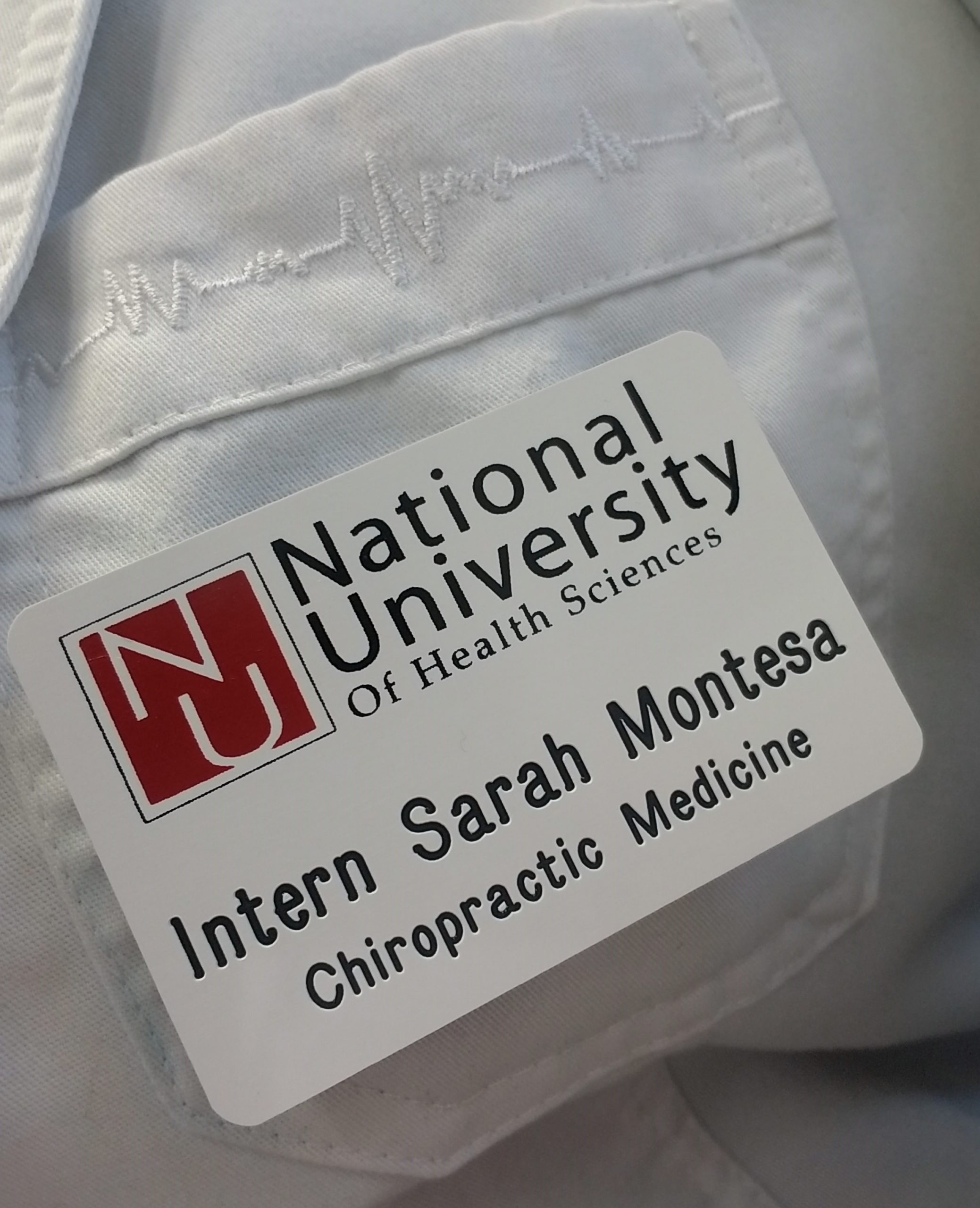This is my last post before beginning my last trimester of school. But some days, having the ability of executive function is a struggle. To remain motivated, I have been putting a lot of time into learning something new every day beyond school requirements. There are so many free resources available to do this! Right now, my focus is on improving my Spanish, which I’m achieving with the Babble app, as well as watching Spanish television shows. While I don’t think that the language used in Diablero is really appropriate for conversations with patients, it is improving my ability to listen and comprehend.

For the bulk of this past trimester, up until shelter-in-place was instated, I had been working with a Spanish-speaking patient regularly. While the patient chose to continue to see me despite the language barrier, I always felt I could help more if my ability to speak was better than some broken phases and pantomime. For the most part, anytime I have ever had patients who did not speak the same language quickly became an amazing and accommodating teacher, amused by the song and dance I put on to communicate with them. But still, I think I can do better.
Aside from my adventures in foreign language study, I found a Coursera class from Yale University, “Addiction Treatment: Clinical Skills for Healthcare Providers.” There are a ton of free college courses to choose from on the Coursera site; all offered by Ivy League schools. The class I picked is geared toward health care professionals who may not necessarily be involved with the mental health field. It teaches concepts in working with patients who have substance use issues, through motivational interviewing techniques. The big take away so far is that it takes a village to help someone who struggles with addiction. Sometimes just being the person a patient feels they can trust and talk to without being judged may lead them to be more receptive to suggestions about treatment programs that could give them the help they need. The way of speaking involved with motivational interviewing techniques lends itself well to chiropractic medicine. One of the primary aims is in gathering information that can help the provider to know the best way to motivate the patient to modify behavior and lifestyle–as that is the world we live in.
As much as I am learning right now in our home assignments, I miss taking care of people; it’s why I decided on this profession, after all. I hope that the next time I write, we will be getting everything ready to be back in the clinic, but only time will tell. Take care until then.




0 Comments